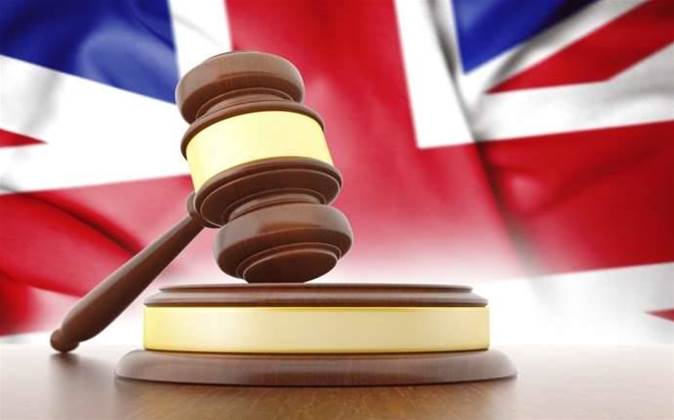Apple chief executive Tim Cook has spoken out about a proposed new British law that would require the company to provide authorities with access to encrypted data, claiming it would create vulnerabilities that could be exploited by hackers.

The UK government last week unveiled a draft surveillance bill that would place explicit obligations on service providers to help intercept data and hack suspects' devices.
Apple argues the measure would potentially undermine the end-to-end encryption on its iMessage service.
Speaking to students in Dublin, Tim Cook said the iPhone maker would need to create a "backdoor" in the encryption to comply and that this would expose data to hackers.
"If you leave a backdoor in the software, there is no such thing as a backdoor for good guys only," Cook said. "If there is a backdoor, anyone can come in.
"We believe that the safest approach for the world is to encrypt end-to-end with no backdoor. We think that protects the most people."
Part III of RIPA 2000 is aimed at fighting terrorism and organised crime by giving police new powers to decrypt files for use as evidence and force the release of encryption keys. Although the power was included in the legislation five years ago, it has not come into effect yet.
The original powers in the Act were widely criticised for their intrusive nature and businesses, particularly in the financial services sector, voiced concerns about information security and conflicts with data privacy rights.
The revised code of practice restricts the scope of the police’s powers to access encrypted material and introduces additional security provisions for key materials and decrypted data.
Critics have said parts of the new bill goes beyond the powers available to security services in the US and have denounced it as an assault on privacy. The UK government claims the law is vital to keep the country safe.
The director of British intelligence agency GCHQ has claimed the assertion the new bill demanded a ban on encryption or encouraged vulnerabilities was a myth.
"We have never said this and we do not want this," Robert Hannigan said.
"All the government is saying is information needed for national security and serious crime purposes should not be beyond the lawful, warranted reach of the state when the need arises."
Cook said if Apple's encryption was undermined, the "bad guys" the UK government is seeking to intercept will simply use alternative encryption tools.
"If you close down the major companies from using encryption, the bad guys aren't going to stop using encryption. They are just going to go to another source."
Cook did not specifically say whether or not Apple would cooperate with the British government. But he did say there was some ambiguity in the bill as published.
"The bill itself, it's not so clear from the reading of it. It's a little vague," he said.


_(33).jpg&h=140&w=231&c=1&s=0)








 iTnews Benchmark Awards 2026
iTnews Benchmark Awards 2026
 iTnews Executive Retreat - Security Leaders Edition
iTnews Executive Retreat - Security Leaders Edition
 iTnews Cloud Covered Breakfast Summit
iTnews Cloud Covered Breakfast Summit
 The 2026 iAwards
The 2026 iAwards












_(1).jpg&h=140&w=231&c=1&s=0)



